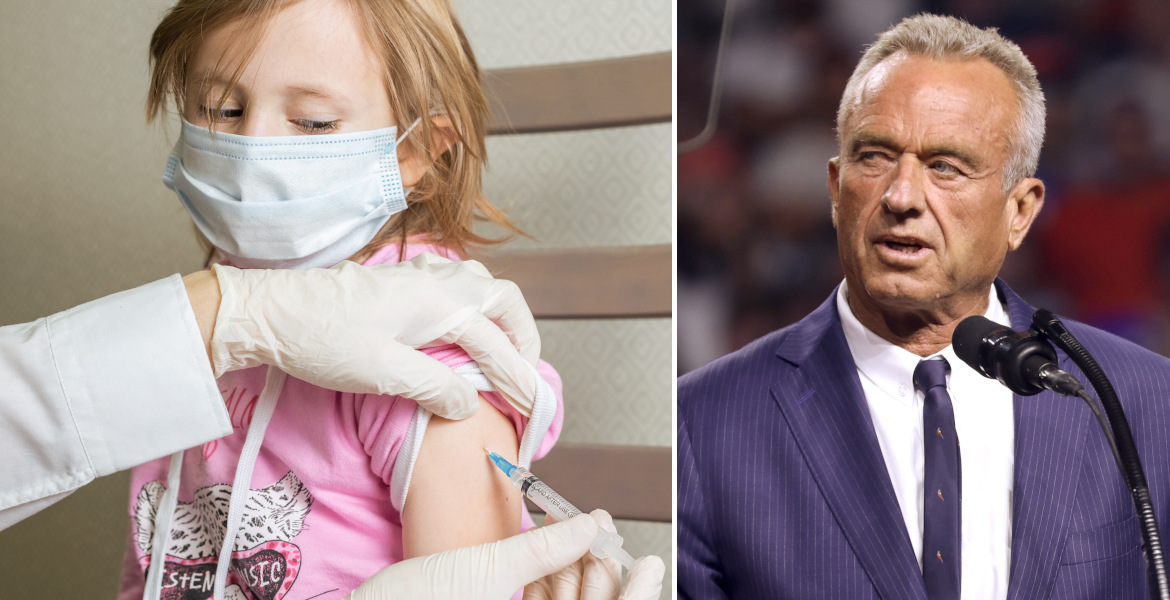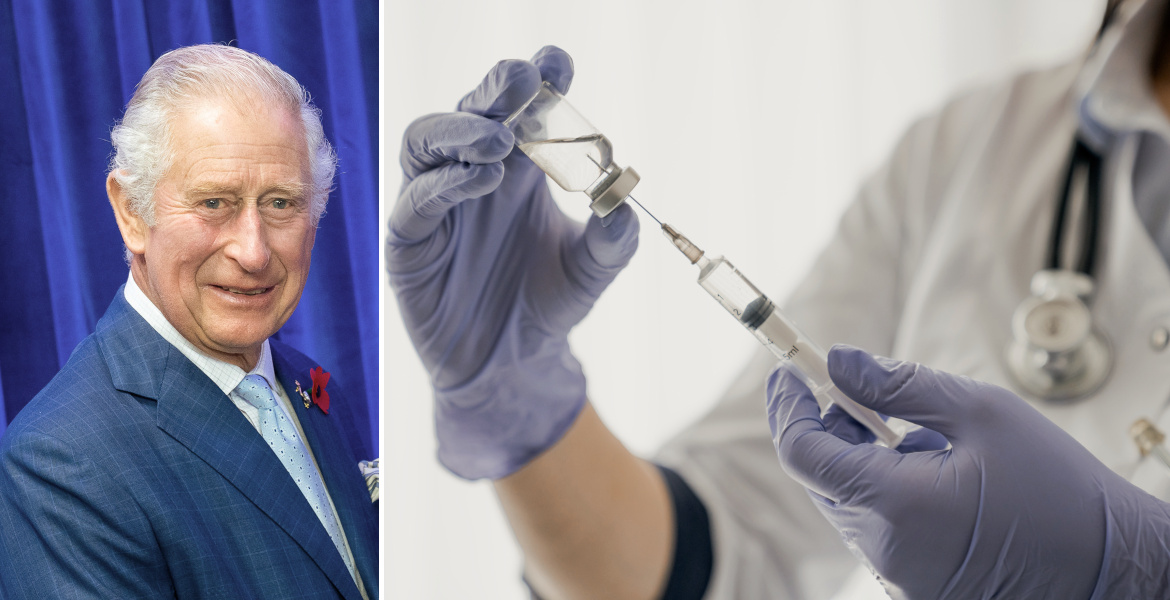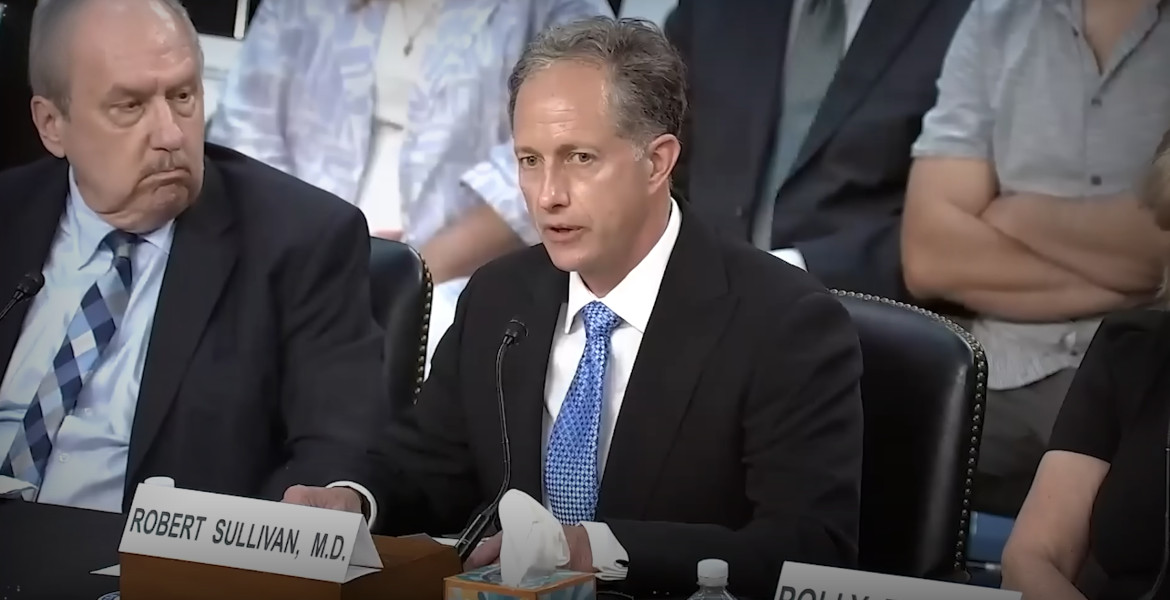The US Department of Health and Human Services is halting the development of experimental mRNA vaccines. 22 contracts worth nearly $500 million are being terminated, citing that the technology poses significantly greater risks than benefits.
Health Secretary Robert F. Kennedy Jr. states that the decision was made following scientific reviews and consultations with experts at research institutions including the NIH and the FDA.
— One mutation, and the vaccine becomes ineffective. This dynamic drives a phenomenon called antigenic shift, meaning that the vaccine paradoxically encourages new mutations and can actually prolong pandemics as the virus constantly mutates to escape the protective effects of the vaccine Kennedy explains.
He particularly highlights the Omicron variant as an example of how mRNA vaccines failed to halt transmission despite widespread vaccination.
— A single mutation can make mRNA vaccines ineffective, the health secretary states, noting that "the same risk applies to flu".
We reviewed the science, listened to the experts, and acted. BARDA is terminating 22 mRNA vaccine development investments because the data show these vaccines fail to protect effectively against upper respiratory infections like COVID and flu. We’re shifting that funding toward… pic.twitter.com/GPKbuU7ywN
— Secretary Kennedy (@SecKennedy) August 5, 2025
Wants to see "broader" strategy
According to Kennedy, the department's conclusion is clear: the risks of mRNA technology outweigh the benefits when it comes to respiratory viruses.
— After reviewing the science, and consulting top experts at NIH and FDA, HHS has determined that mRNA technology poses more risks than benefits for these respiratory viruses.
Instead, the department will prioritize what Kennedy calls "safer, broader vaccine strategies", such as traditional whole-virus vaccines and new platforms "that don’t collapse when viruses mutate".
HHS clarifies that certain contracts already in final stages will be allowed to run their course, but no new mRNA projects will be initiated. BARDA (Biomedical Advanced Research and Development Authority), the federal agency responsible for advanced biomedical development, is now tasked with focusing on techniques "with stronger safety records and transparent clinical and manufacturing data practices".
Critics were labeled conspiracy theorists
Many analysts warned early on that mRNA vaccines posed serious health risks, but were routinely dismissed as conspiracy theorists by both politicians and mainstream media.
Over time, however, a large number of serious vaccine injuries and deaths have been reported, particularly in connection with the extensive COVID-19 vaccination campaigns.
The criticism has not only concerned safety itself, but also the lack of long-term studies and authorities' inadequate handling of adverse event reports. Against this backdrop, Kennedy's announcement is seen by many as a long-awaited course correction.
Changed policy for children and pregnant women
The decision to halt mRNA contracts is not the only change. In recent weeks, Kennedy has also taken initiatives to remove the mercury compound thimerosal from influenza vaccines, in accordance with recommendations from the CDC's Advisory Committee on Immunization Practices (ACIP).
He also welcomed the decision to no longer recommend COVID-19 vaccines for healthy children and pregnant women.
— There was a lack of any clinical data to support the repeat booster strategy in children, he stated.




